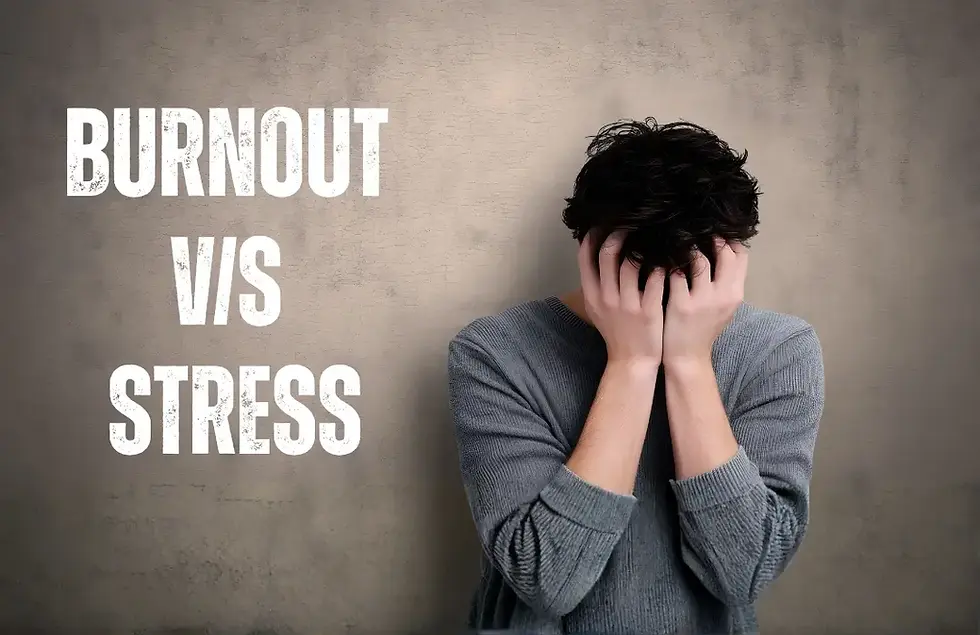Effective Interventions for Substance Use Disorders
- Mosaic Mental Health

- Sep 15, 2023
- 3 min read

Addiction and substance use disorders are serious and widespread public health problems affecting millions worldwide. Helping your loved one accept the necessary treatment is an important first step if they have a problem with substance abuse. An intervention can be useful in this situation.
Screening for substance misuse in healthcare environments, including primary, psychiatric, and emergency care, is the first step in identifying behaviors that put people at risk for harm. A long-term strategy is frequently required for the complex process of recovering from a substance use disorder.
What Is The Treatment for Substance Use Disorders?
Treatment delivery for substance use disorders can occur in various settings with varying degrees of intensity. However, the treatment objectives for substance use disorders are always the same as those of treatment for any medical condition: to lessen the illness's main symptoms and enable the patient to resume normal functioning.
The patient must be connected to social support, employment, and other wrap-around services as part of treatment. Major health organizations advise screening for substance use and mental health issues in adults and adolescents. Alcohol screening and brief interventions for adults are effective. Following a positive screen, a person would receive some brief counseling or therapy tailored to their needs; depending on the severity, a referral to specialty care could be made.
Counseling
In general, talk therapy with a professional with the primary goal of assisting the patient in quitting drug use is called counseling. It might also cover the real-world needs of patients for assistance in maintaining their drug abstinence.
A licensed addictions counselor, a mental health therapist, a nurse, a psychologist, a doctor, or a social worker can offer counseling techniques such as cognitive behavioral therapy, motivational interviewing, twelve-step facilitation, and contingency management.
Inpatient treatment, intensive outpatient treatment, partial hospitalization programs, doctor's offices, clinics, and intensive outpatient programs are just a few places where counseling can occur.
Models of Behavioral Therapy
Behavioral therapies aim to alter a person's substance use behaviors by educating patients on dealing with concerns that could trigger substance abuse and relapse. Many behavioral therapies have proven effective in treating substance use disorders (SUDs); some are more appropriate for certain substances than others.
Here are a few of the therapeutic techniques frequently employed in the treatment of addiction:
Cognitive-behavioral therapy (CBT)
Originally developed to treat depression, CBT has proven effective in treating various SUDs. People who use CBT learn how to recognize problematic behaviors and substance abuse triggers and how to create coping mechanisms.
Contingency Management Interventions
Contingency management interventions promote behavior modification by offering material rewards for a target behavior. (for example, abstaining from substance use or attending a meeting). When a patient's drug test is negative, they are rewarded with cash, coupons, gift cards, clinic privileges, or other tokens.
Motivational Interviewing (MI)
MI is a client-centered, goal-oriented approach that aids people in recognizing their reasons for wanting to make a change and increases their readiness to commit to treatment. MI aims to raise a person's self-awareness and self-efficacy to improve their lives. This method can change chronic disease behaviors and healthy eating, exercise, and behavior.
Family Therapy
Family therapy focuses on addressing substance abuse and minimizing the effects of misuse on the individual and family by utilizing the strengths and resources of the family. This therapy seeks to enhance communication and create a setting that encourages healing.
Group Therapy
Patients with addiction attend therapy sessions alongside others going through a similar experience. Patients participate in group therapy regularly to talk about drug use and attempts to maintain abstinence. People can share their experiences, learn from other's perspectives, and get peer support in group therapy.
Twelve-Step Facilitation Therapy
Twelve-step facilitation therapy is a step-by-step approach to recovery, a structured program with behavioral, spiritual, and cognitive elements. The tenets of 12-step peer support groups like Alcoholics Anonymous and Narcotics Anonymous are the foundation of this intervention. On the other hand, twelve-step facilitation involves a therapeutic intervention with a counselor. Either individual or group therapy sessions are possible.
The Bottom Line
The effects of addiction extend beyond the person with the disorder; they also impact their family, friends, and society. But it's important to remember that there isn't a single cure for addiction. It takes a multifaceted approach to effectively treat substance use disorders, taking into account the social, psychological, and physical aspects of addiction.
If someone important to you is struggling with substance use disorder or a mental health condition such as depression and other mood disorders, ADHD, anxiety, panic attacks, OCD, insomnia, ODD, and more, we are here to help.
We are a psychiatric clinic with a principal office in Texas, and we also serve Colorado, Washington State, and Iowa. We are committed to providing the highest quality of care for mental health issues. Visit us at mosaicmentalhealthtx.com/ or on our social media pages. Hope to hear from you soon!

.png)



Comments